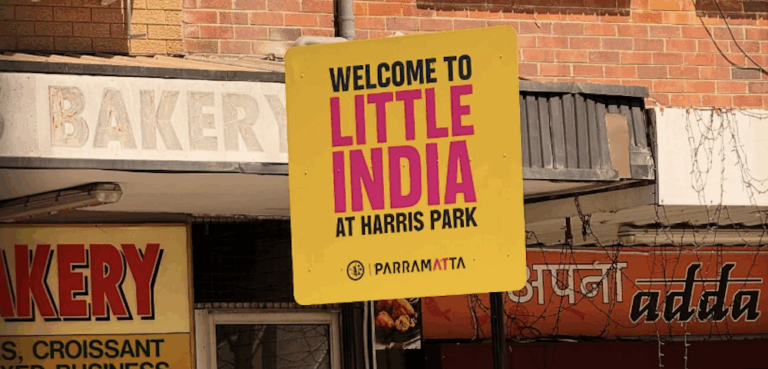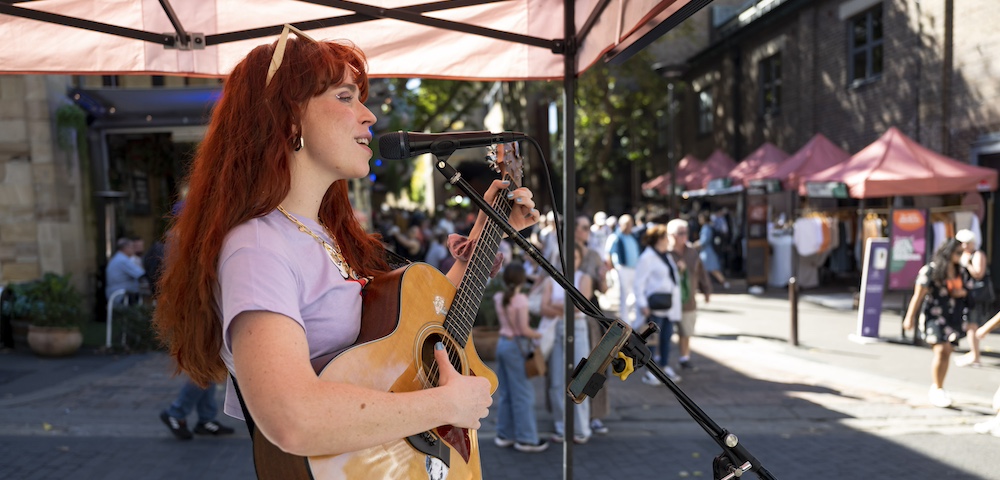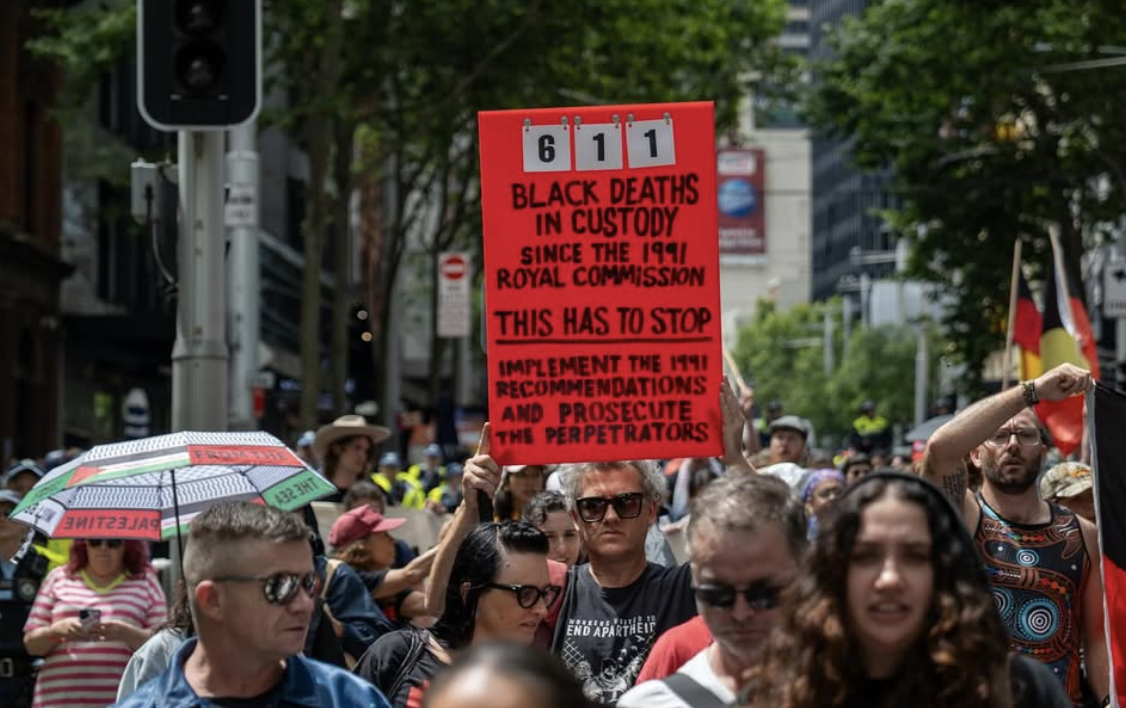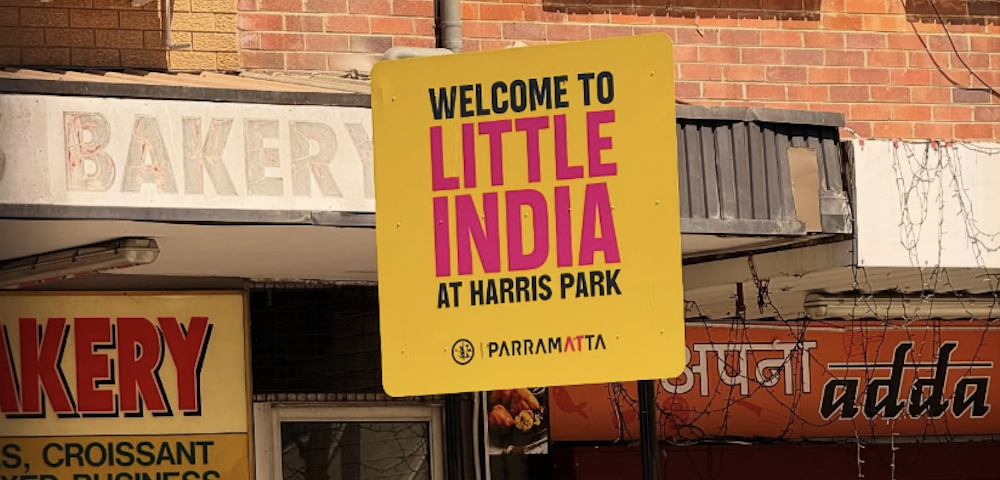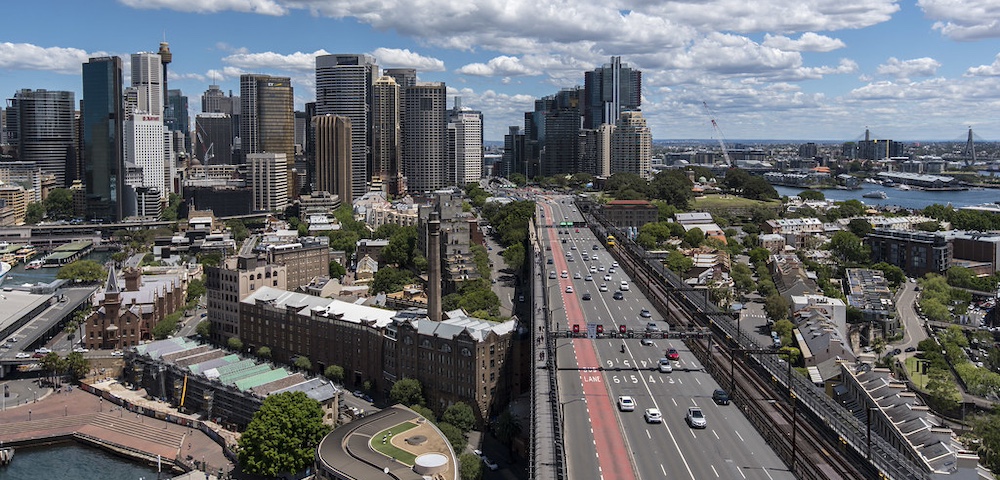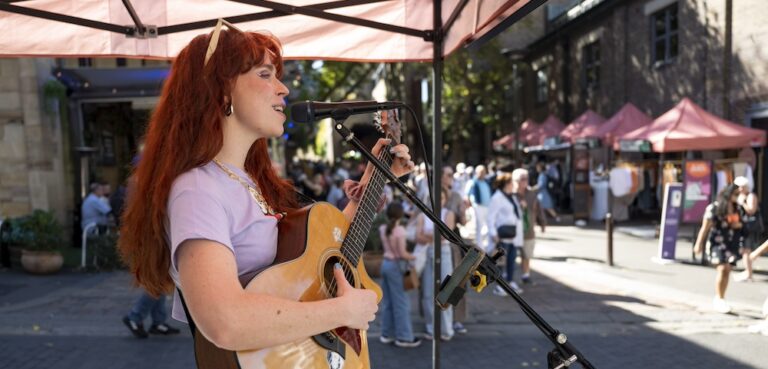
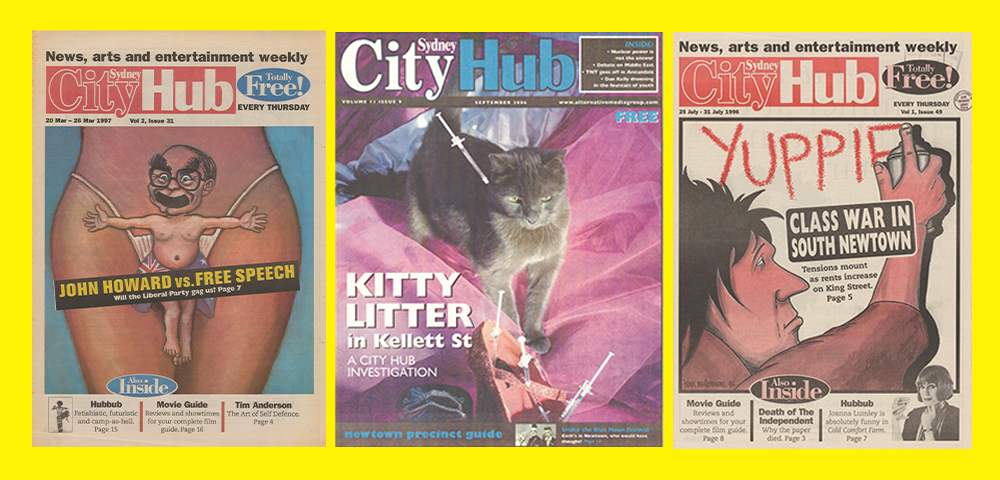
You can view historic editions of City Hub in our new online archives – check it out here.
News and journalism as an industry has radically shifted over the 30 years City Hub has been operating.
When the publication was founded in 1995, the public received news from television, radio, physical newspapers, and magazines. Local and regional publications thrived, left relatively to their own devices, and social media was barely a twinkle in Mark Zuckerberg’s eye.
In 2025, things couldn’t be more different. Today, preserving independent, grassroots journalism has become more important than ever.
In an age where news is often behind a paywall, it’s vital that free, accessible journalism is there to provide the public with stories that matter to them.
City Hub journalists are part of the community they’re writing about, with the stories they cover reflecting local values, concerns, and ideas in a way many larger publications don’t have.
“In an age of globalised media, it is vital to have local voices covering local concerns and City Hub has been doing this for the inner city,” said Independent MP Alex Greenwich. “Putting this history online will help make sure it remains accessible into the future as a resource for the inner-city community.”
“City Hub is a fantastic local institution,” said Green Member for Balmain, Kobi Shetty. “They help keep our community informed and connected by sharing news that matters to them.”
“Independent local news outlets like City Hub are so important for transparency and accountability. I hope to see them continue for many years to come.”
In delving through the City Hub archives, a wealth of reminders about the importance of the publication has been unearthed. City Hub is important to keep local councils and governments to account, but it also plays a role in holding the media to account, too. Digitising its work from 1995-2008 has allowed us to preserve those incidents, keeping them a matter of public interest.
In 2006, the Daily Telegraph published photos of used needles spilling from a public bin in Kings Cross, seemingly from one of the new safe injecting rooms. They argued for its closure, with politicians and other media commentators like Alan Jones seizing the opportunity to unfairly target drug users.
Two months after the story broke, City Hub discovered that the needles had in fact belonged to a diabetic cat called Trotsky, after his owner lost a container of his used needles. Trotsky’s owner had seen a “huge positive impact” in the area since the safe injecting rooms were introduced, and was horrified to discover his needles had been weaponised against an important public health creation.
Stories that may have slipped under the radar of the national mastheads find a place in City Hub’s pages, and the preservation of those grassroots stories is vital for community accountability.
Journalist and UTS professor, Wendy Bacon said City Hub’s lost issues were “invaluable because in them, you will find many stories that were not covered by any other media.”
Similarly, former Labor Councillor Linda Scott from the City of Sydney said, “City Hub records our City’s stories in a way that no other local paper does. From our harbour to those who harbour for more power, City Hub has it all!”
“Thank you for being our truth teller in all tales of Sydney.”
In digitising 13 years of City Hub, Meta and the Walkleys have allowed Alt Media to keep the spirit of local journalism alive. It’s something that is rarely fostered in this day and age, and being given this opportunity is not something to take for granted.
This year, as City Hub celebrates its 30th anniversary, we’ll not only celebrate three decades of putting our local community first – we’ll celebrate doing the same for the next 30 years.



